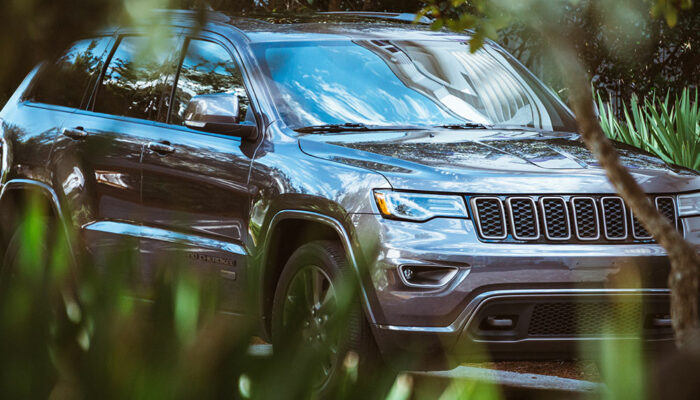5 unexpected things that may increase one’s cancer risk

The incidences of cancer have been estimated at 442.4 per 1,00,000 men and women in the country. This health condition has emerged as a major cause of concern. However, interventions for cancer are becoming more advanced and successful. Following a prescribed treatment course and making some lifestyle changes can help in the symptom management of cancer. But here are some things you probably never knew could increase one’s risk for this disease.
Chimneys
Chimney sweeping results in exposure to large volumes of soot and dust. Ingestion of wood fumes, coal, and other burnt substances have been found to cause scrotal skin cancer or scrotal carcinoma, now commonly called as Pott’s cancer. Historically, children, particularly young boys, were ordered to clean chimneys due to their petite sizes. The prevalence of chimney sweep cancer among these children led to the discovery of this cancer type by doctor Percivall Pott in London in 1775.
Hair straighteners
According to recent studies the use of hair straighteners and relaxers may increase women’s susceptibility to uterine cancer. Moreover, it suggested that women of African descent may be at higher risk for this type of cancer than others.
Scented candles
Scented candles are often the ideal props to set up the perfect romantic dinner or date night. However, studies have found that scented candles emit certain cancer-causing chemicals like formaldehyde and benzene. Although occasional burning of scented candles is unlikely to trigger cancer, repeated exposure to these candles in poorly ventilated spaces can increase one’s susceptibility to bladder cancer.
Grilled foods
Cooking over high flame releases heterocyclic aromatic amines (HAAs) and polycyclic aromatic hydrocarbons (PAHs). These elements are carcinogens that may increase one’s risk for cancer. The grilling process as well as grilled foods can contribute to cancer; therefore, one should limit the intake of grilled foods and protect one’s skin from carcinogens by wearing appropriate clothing while grilling.
Extremely hot beverages
It has been found that having piping-hot beverages, such as those above 65° Celsius, can increase one’s vulnerability to esophageal cancer (EC). In such cases, EC is typically triggered by thermal injury caused to the esophageal mucosa. It’s advisable to allow all beverages to cool down to room temperature before drinking them.
In some cases, lawsuits have also been filed against such household products that increase one’s risk of developing cancer. Thus, consumers must be vigilant while purchasing products, looking for safer alternatives to ensure overall well-being.






